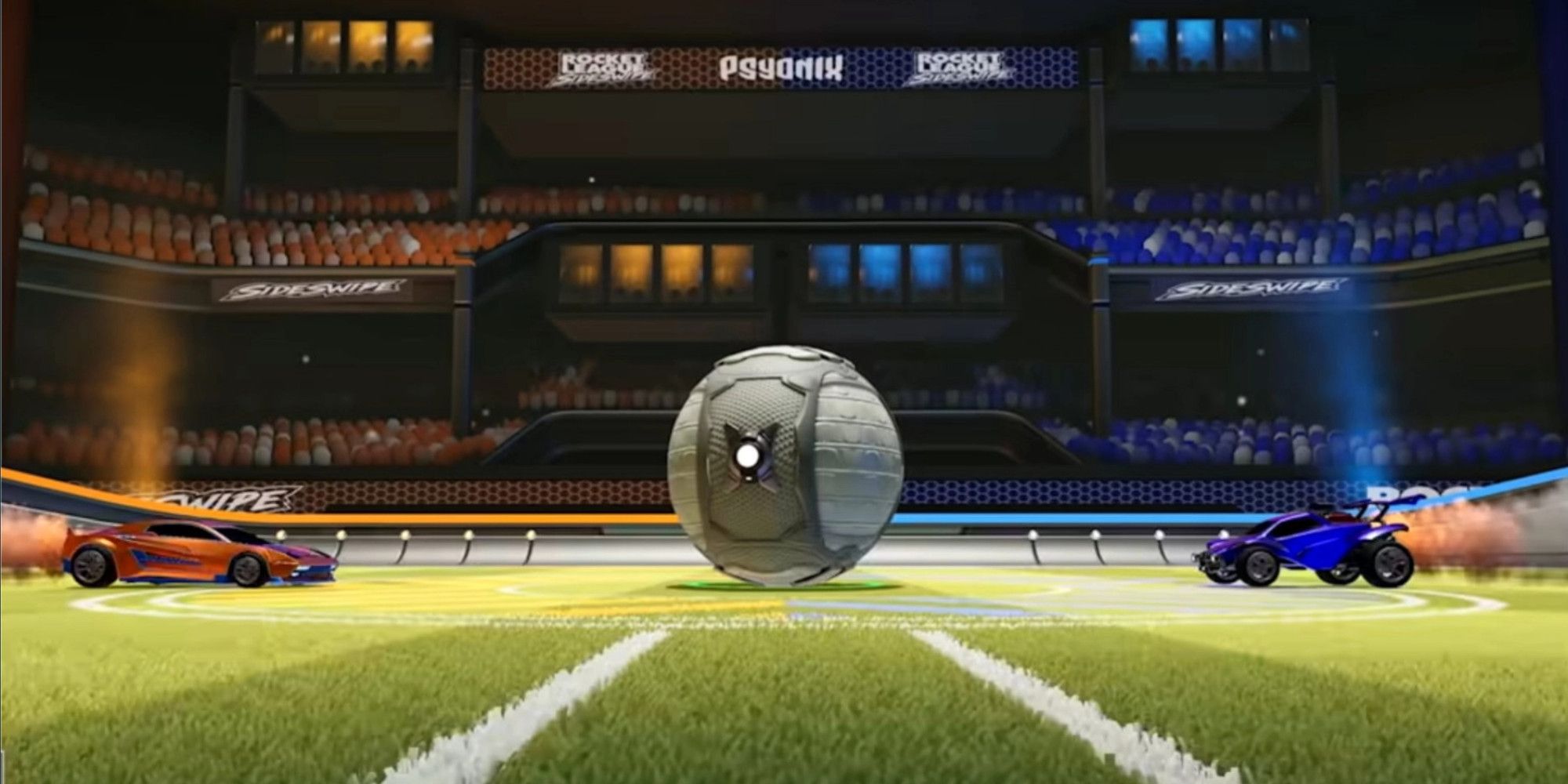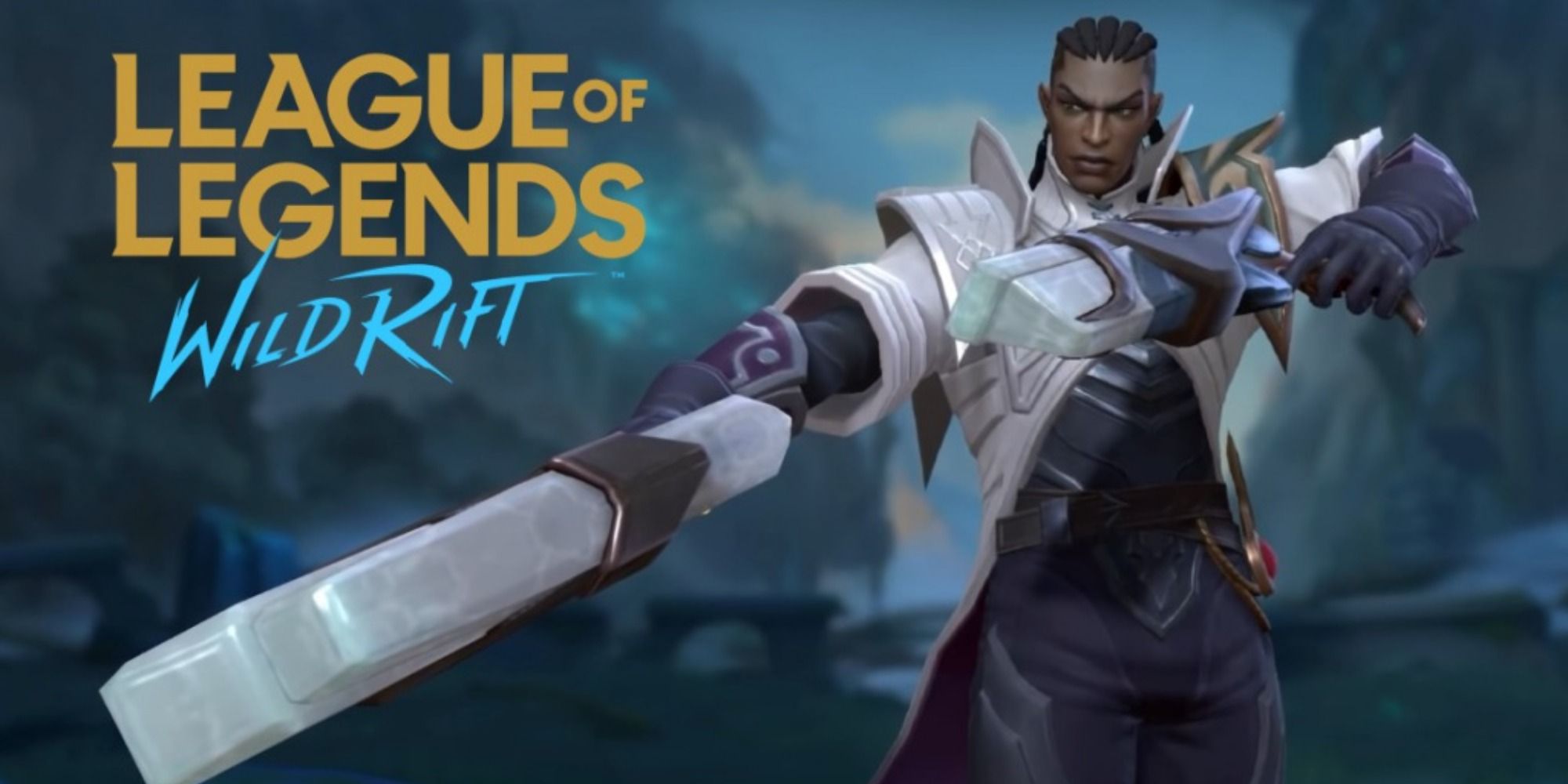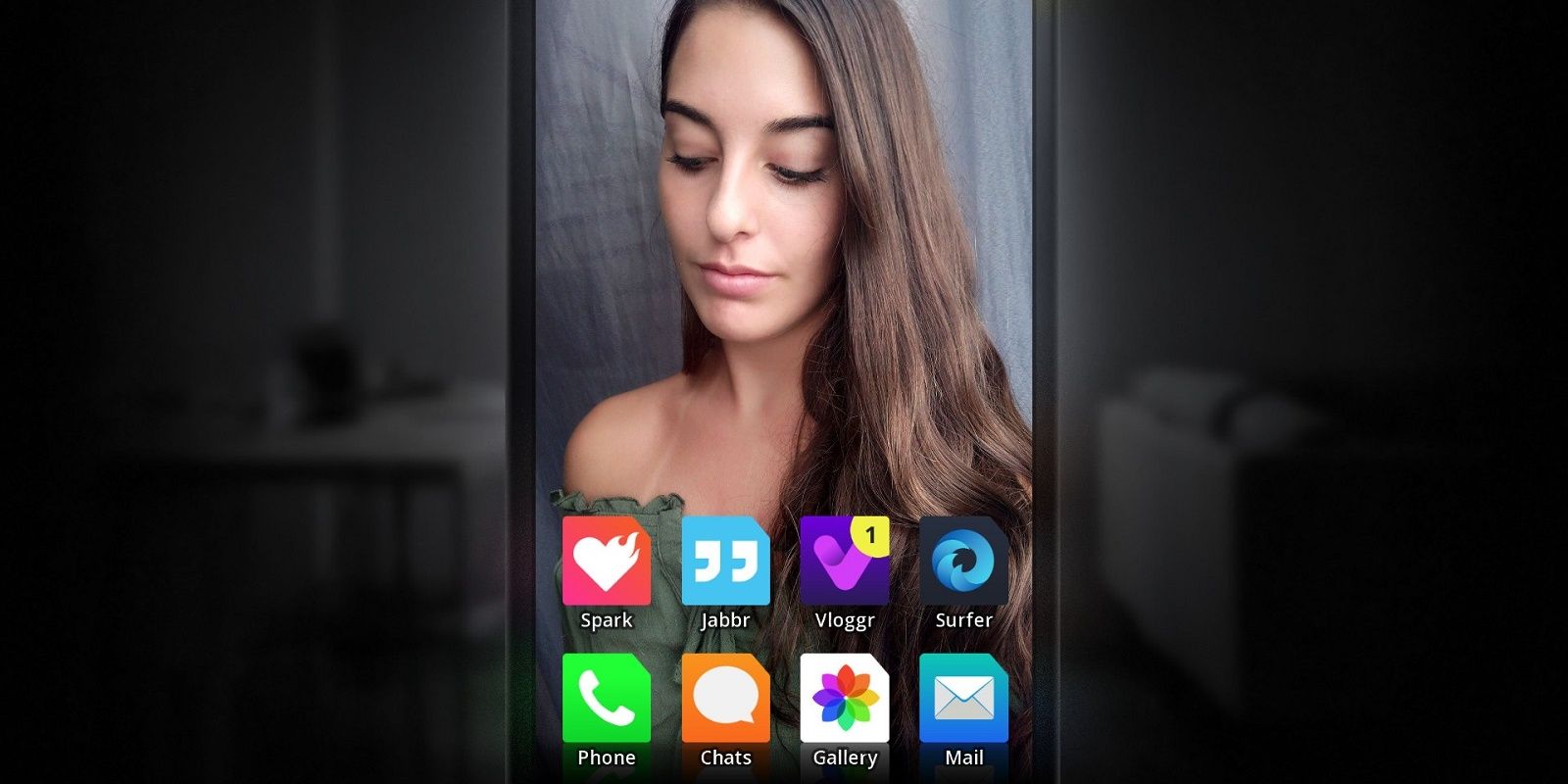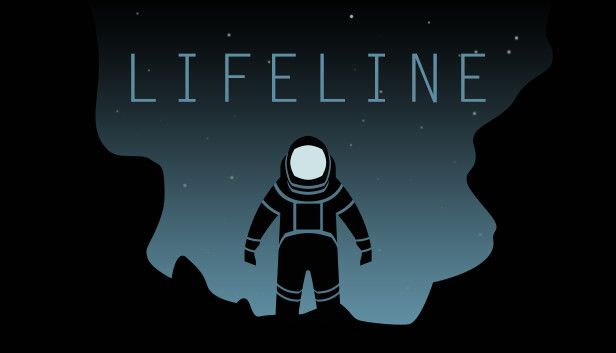
The Diablo Immortal controversy has brought a lot of well deserved negative attention to mobile games. Fans of Diablo, many of whom had little to no experience with mobile, sampled the game and quickly discovered just how devious and manipulative Gacha games can be. As a mobile gamer, I welcome this new wave of antagonism, and I hope people can keep this energy up long enough to start legislating against these slot machines disguised as video games – even if that means relying on Asmongold to get the ball rolling.
But there’s a bit of a baby with the bath water dilemma here. Many are quick to indict mobile as a platform for the crimes of the game makers, and I don’t think that’s fair. Mobile games have certainly earned their poor reputation, but it’s foolish to dismiss the entire platform when there’s so many high quality, non-predatory games out there to enjoy. For every Gameloft, Netmarble, and Kabam out there trying to use Disney characters to teach kids how exciting gambling can be, there’s another mobile developer that just wants to make fun games the good old-fashioned way. If you’re willing to keep an open mind, here are five exceptional mobile games that aren’t trying to rip you off or ruin your life.
Rocket League: Sideswipe
When I first played the mobile version of Rocket League last December, I was confused about its lack of microtransactions. Between its seasonal battle pass and cosmetic shop, it’s perfectly set up for in-app purchases. Sideswipe is now in its third season and there is still not a single microtransaction in the game, which is already free by the way.
But Rocket League: Sideswipe isn’t just notable because it doesn’t want any of your money – it’s also a great game. This 2D version maintains the control and high skill ceiling of classic league while providing a simpler, shorter experience that fits perfectly on mobile. Jumping and boosting around these tiny arenas is just as chaotic and exciting as regular Rocket League, and there are enough different game modes to try and cosmetic rewards to chase to keep things fresh. I don’t know how Psyonix is making all of this content for free, but I’m not complaining.
Pokemon Go
It would just be weird if I didn’t include Pokemon Go, right? I know that the community has some grievances about the microtransactions, especially when it comes to remote raid passes and limited bag space, but Pokemon Go never makes you feel like you need to spend money – at least not the way Gachapon games do. I don’t want to let it off the hook completely, but I also have to acknowledge what an incredible benefit Pokemon Go has been to my life.
Pokemon Go has got me out of the house to move my legs and soak in the sun, and I think I’d be far more sickly without it. It has become a frequent activity for me and my non-gamer partner to do together, and a reason to have experiences together when we’d rather sit around and, ironically, stare at our phones. I know a lot of Pokemon Go players have found similar benefits of playing too, and I can’t recommend it enough for anyone with even a passing interest in Pokemon. I’m often critical of it, but that’s just because of how much it means to me.
League of Legends: Wild Rift
I know I said this list is for games that aren’t trying to ruin your life, so you’re probably surprised to see League of Legends included. Wild Rift is the non-toxic little brother of classic LoL, which is one of the main reasons I prefer it. Matches in Wild Rift are a lot shorter than League, and the item economy is simplified significantly. This is a great intro to League and MOBAs and I recommend it, despite what you may have heard of the League community. I’ve never been flamed while playing Wild Rift, and thanks to the touch controls it’s incredibly easy to communicate with the built in tools without having to burn your eyes on an actual chat box.
The real reason Wild Rift is worth paying attention to is the way it approaches microtransactions. If you’ve played a lot of free-to-play games on console and PC, the Wild Rift menu will look pretty familiar. You can buy a seasonal battle pass, characters, and cosmetic items like skins and profile decorations, but there’s nothing you can buy that will make you stronger or better than other players. Wild Rift has only the acceptable microtrans, at least by ‘core’ gamer standards, and it would be good to see this kind of monetization get adopted by the mobile industry more broadly.
Riot’s other games, Legends of Runeterra and Team Fight Tactics are also available on mobile with equivalent in-app purchases, and Game Pass members will soon be getting a lot more value out of all of them. For Wild Rift specifically, Game Pass members will get every legend unlocked later this year. If you can at least stomach paid cosmetics, Wild Rift is worth a shot.
Simulacra
I did my best to ensure that this list only contained mobile exclusive games, but it turns out that almost every good mobile game eventually gets ported to other platforms. I considered highlighting quite a few of them here, including Florence, Kingdom Rush, Downwell, The Room, Ticket to Earth, Mini Metro, Reigns, and Solitairica, but the one I think represents the platform best is the Simulacra series. Simulacra, Simulacra 2, and the upcoming Simulacra 3 are horror mystery FMV games that task you with finding a missing person by exploring their phones and social media accounts. The genius of Simulacra is in the way that its themes of virtual imitation are represented by the physical experience of using your own phone and pretending it’s someone else’s.
When you play Simulacra, your phone becomes the victim’s phone, and it’s your job to poke around in their files, read their DMs, and text with their friends and families to try to figure out what happened to them. There’s an eerie dissonance that comes from using your phone as if it belongs to someone else, and the game does a fantastic job of prodding that feeling and using it to create tension. You can play Simulacra on PC or console, but I don’t recommend it. Even if you aren’t a horror fan, Simulacra is worth your time.
Lifeline
Lifeline is the oldest game on the list, and while the way 3 Minute Games tried to franchise the series may serve as a cautionary tale, the original Lifeline is still one of the most fascinating games on mobile. Lifeline is a text adventure that takes the form of a conversation between you and an astronaut stranded on an alien planet, but the twist is that the entire story plays out in real time. So while you’re getting to know the astronaut, Taylor, and helping him make choices about how to proceed as he explores the planet, you’ll frequently lose contact or otherwise find a natural end to the current conversation as Taylor goes off to do some task that takes full concentration. Whenever that happens, the game effectively pauses until Taylor needs your help again.
At some point, perhaps hours later, you’ll get a push notification from the app designed to look like a text message from Taylor. You can pick the conversation back up whenever you want, but I was pretty quickly invested in Taylor’s survival and found myself responding to his messages as soon as they came in. Like every game on this list, Lifeline leverages what makes mobile unique to present a story that would only work in this one specific format. I haven’t played Lifeline in five years but I still think about it all the time because it revealed something you can only experience from a mobile game. There’s so much more than Diablo Immortal and Genshin Impact out there, and I hope the disdain for those games, righteous as it may be, doesn’t lead you to overlook all the good that exists too.
.jpg)
.jpeg)





